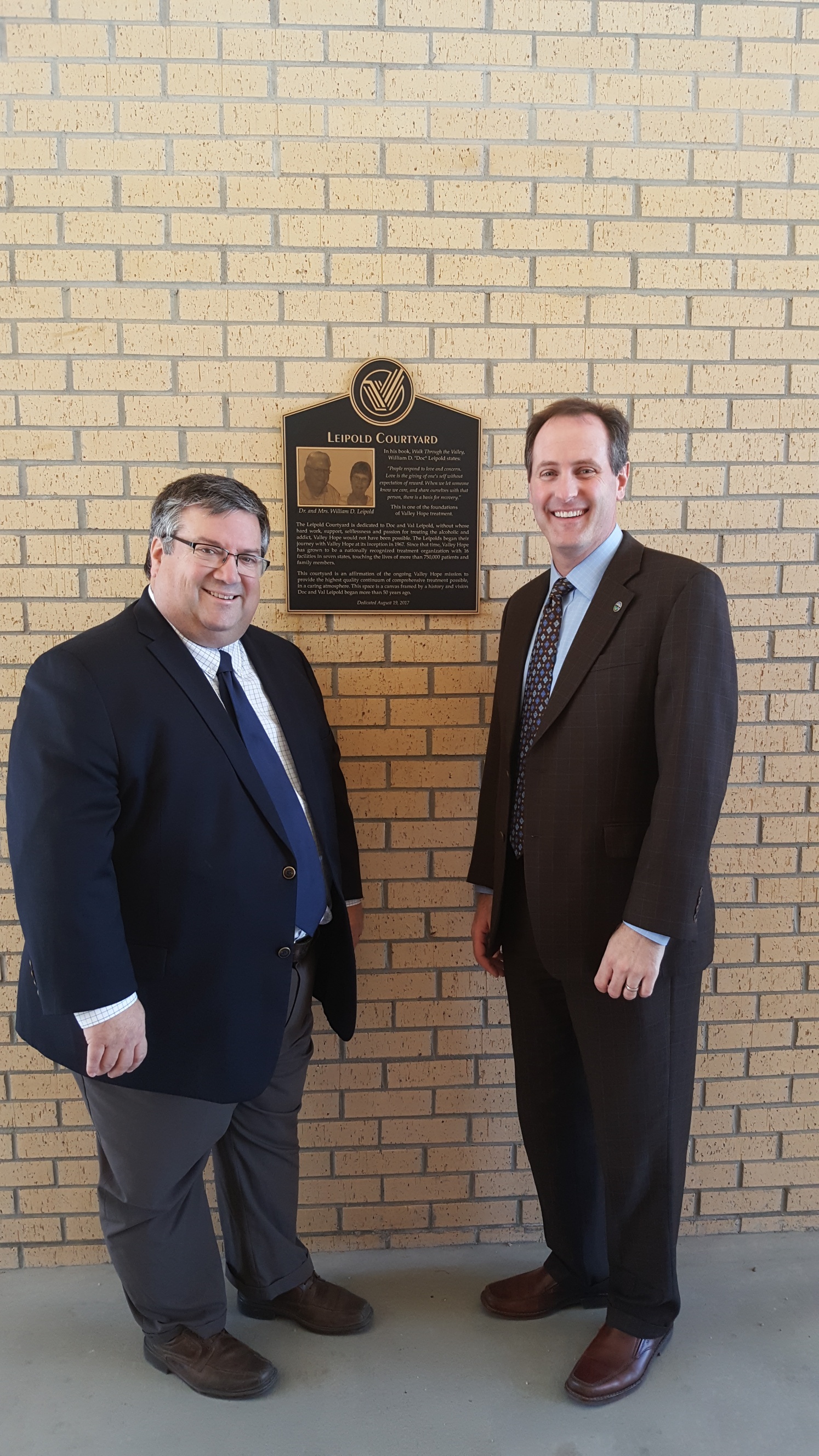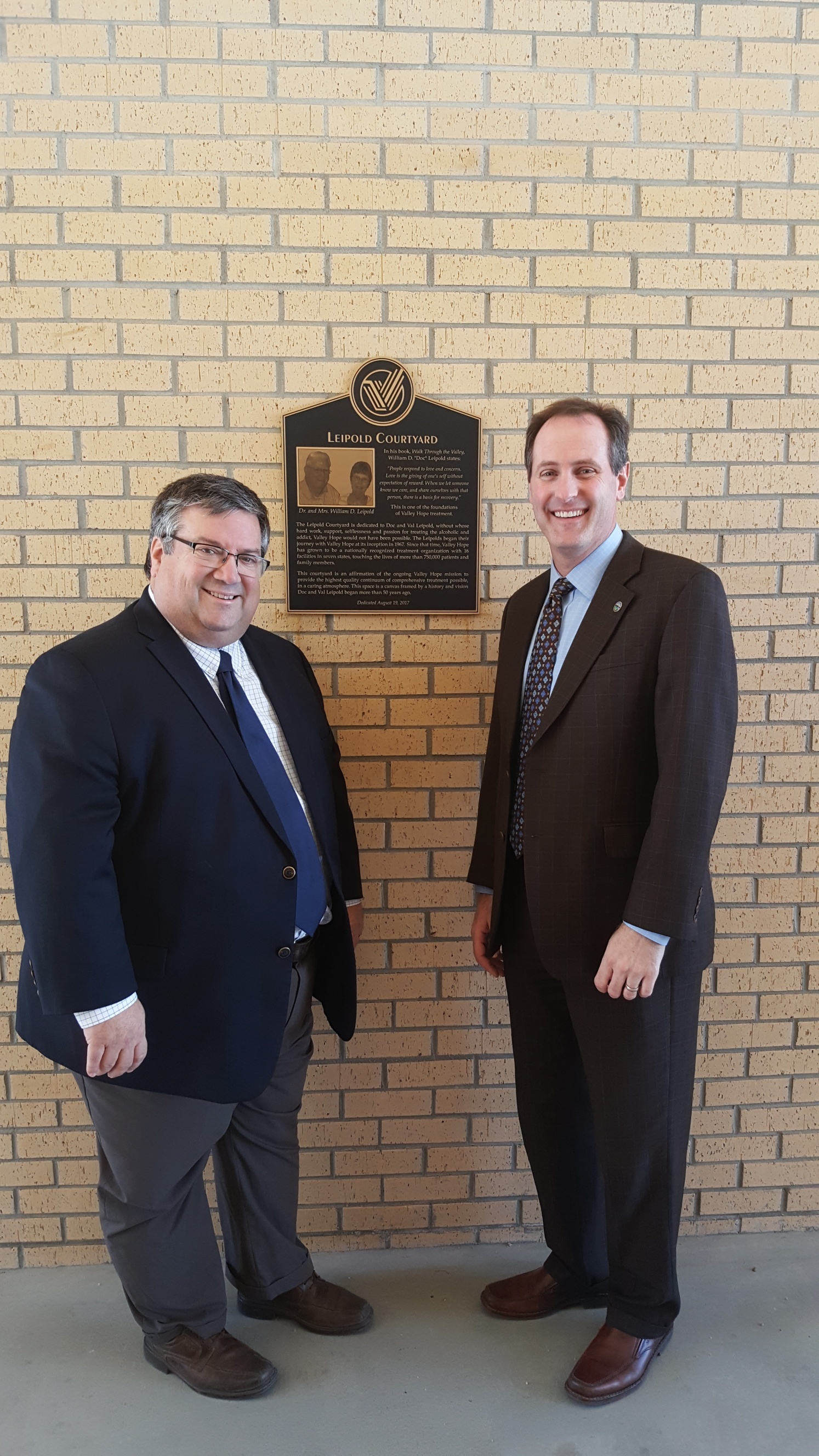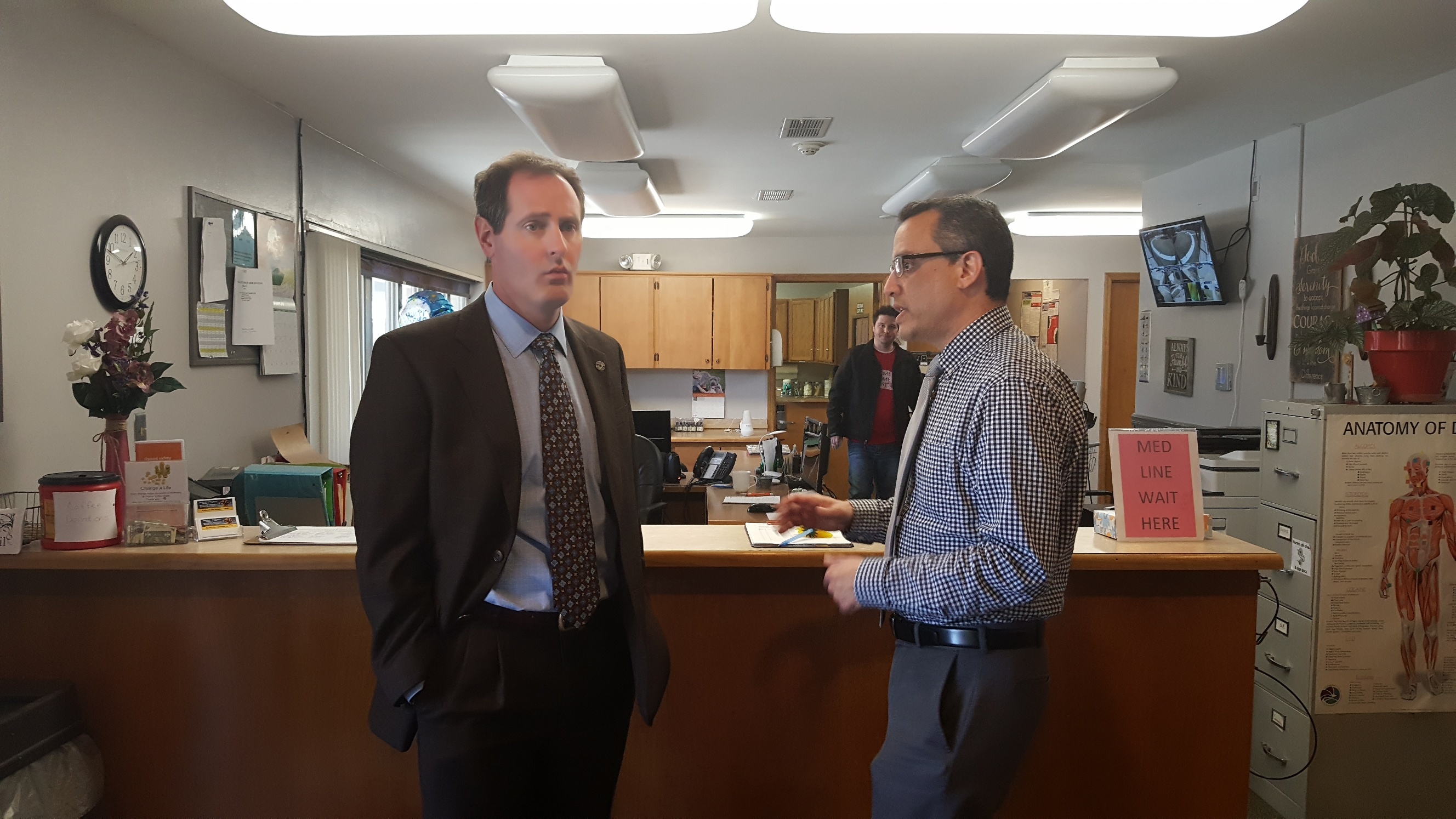
Hello from Topeka! We are underway with the “second half” of the 2018 session. As committee meetings start back up, there have been several hearings and just a few bills to report on. One of the bigger topics this year has been cybersecurity.
Last Session, the Government, Technology, and Security Committee was created to study issues like Cybersecurity, making sure there is a system to protect citizens and state government from dangerous attacks and breaches on personal and critical data. The Committee heard extensive testimony on the risk that Kansans and government agencies face from cyberattacks. The Legislature is tasked with balancing the probability of cyberattacks and fiscal costs to the state to protect personal information and defense against potential attacks. Kansas has not been immune from cyberattacks (Department of Commerce) and release of personal information (KDADS incident reported just this week. Last Thursday, the House debated two cybersecurity measures. HB 2332 and HB 2359. HB 2332 amends the membership and frequency of required meeting for the Information Technology Executive Council (ITEC). The proposed language was provided by the Office of Information Technology Services (OITS), to increase the effectiveness and attendance of the ITEC meetings.
HB 2359 creates the Kansas Cybersecurity Act. The bill contains the contents of HB 2560, which was introduced at the request of OITS. The bill establishes the position of the Chief Information Security Officer (CISO) and delineates the duties for the position. The bill also creates the Kansas Information Security Office (KISO), which for budgeting purposes, will operate separately from the Department of Administration. The CISO and KISO were created by Executive Order. The bill also spells out the Information Technology and Cybersecurity duties of Executive Branch agency heads. The bill was supported in the Government, Technology, and Security Committee by representatives of OITS, the Department of Homeland Security, and the National Association of State Chief Information Officers.
The cost of defending and protecting sensitive data was provided for the in the legislation. The bill creates the Cybersecurity State Fund, which is financed with the imposition of an annual basic cybersecurity rate per employee for all governmental and nongovernmental entities connecting to state network services. The rate could not exceed $700 per employee per year. Collections begin on July 1, 2020. The bill allows governmental entities to pay for cybersecurity services from existing budgets, grants, or other revenues to offset costs associated with the rates. The fiscal note for HB 2560, which was amended into the HB 2359 shell, contains estimates from the agencies and branches of government provides the fiscal estimate to the state. Both measures were advanced to Final Action on Monday, March 5.
The other issue which has had much attention is transparency. Last week the House session was video streamed live with the new camera system. Video can be viewed on the You Tube Channel, just search for KS Legislature.
Also last Thursday, Governor Colyer issued Executive Order 18-09 which established the Task Force to Address Substance Abuse Disorders. The purpose of this task force is to gather information concerning substance abuse disorders, but also to develop solutions that will have lasting impacts in Kansas.
Specifically, the task force will be evaluating and leveraging existing resources, investigating additional options, and examining the best practices for prevention, treatment, and recovery of at-risk individuals through early detection and education for parents. Chief Medical Officer of KDHE, Greg Lakin, will chair the task force to find measurable outcomes for those who are suffering from substance use disorders. On Friday, Lt. Governor Tracey Mann was in Norton to discuss the Talks Force and tour Valley Hope’s flagship treatment center. I was pleased to accompany him for his brief stop in the 110th District.
And more good news, on Friday it was revealed that total State General Fund (SGF) receipts from taxes only are up $275 million from the November estimate. Individual income tax receipts are $269 million above the estimate. KLRD cautions that “as with the previous two months, a large portion of the growth in individual income tax receipts above the forecast appears to have been driven by the recently enacted change in federal tax law.” If you want to follow along each month, KLRD posts revenue reports and the Consensus Revenue Estimates on its website: http://www.kslegresearch.org/KLRD-web/Appropriations&Revenue.html .
Please feel free to reach out with concerns and questions, I will do my best to respond it a timely manner. My phone number is (785) 296-7463 and email is: ken.rahjes@house.ks.gov, my cell number is (785) 302-8416. You can also check out kenforkansas.com. Good luck to the area teams competing in state basketball this week.
It is my honor to be your representative.

